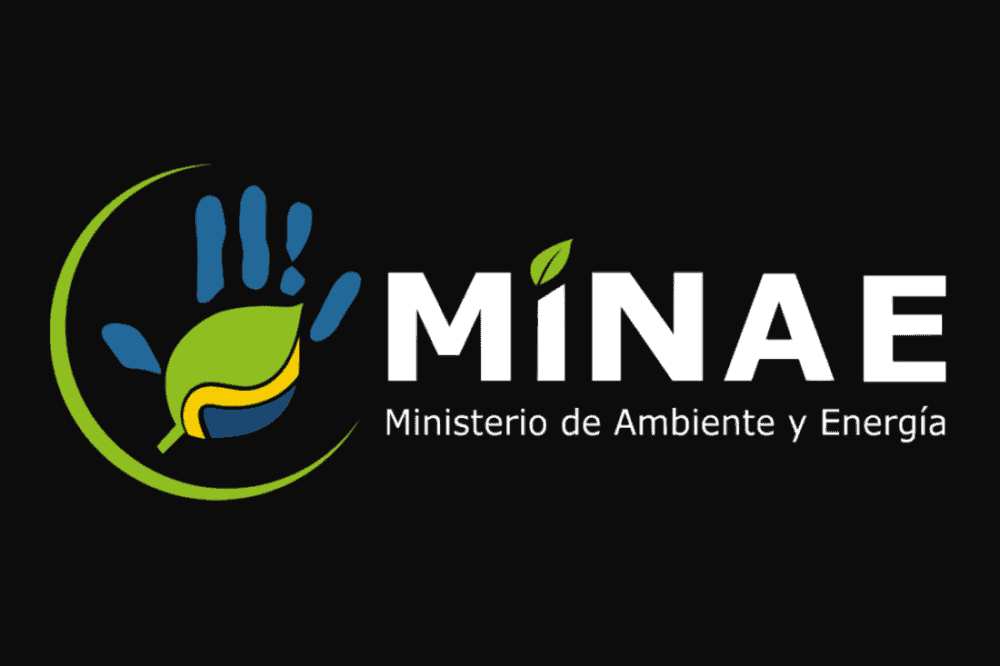The Ministry of Environment and Energy, through the Directorate of Environmental Quality Management (DIGECA), completed the Environmental Labeling Project in the American region. The initiative was carried out with the cooperation of PBT Germany.
The project is of utmost importance because it makes product labeling more reliable and avoids misleading consumers who are environmentally aware and prefer sustainable products. It aimed to promote environmental labeling as a way to foster a low-carbon economy and contribute to the establishment of a circular economy.
In general, environmental labels or declarations, provide consumers with technical information on the environmental footprint of the life cycle of products or services.
These labels were developed in accordance with the quality infrastructure in each country, which in Costa Rica’s case was the National Quality System.
“Labeling is an instrument that highlights those goods or services that are produced with an efficient use of resources (water, electricity, fuel, among others), and where a series of good environmental practices are applied,” remarked Shirley Soto, Director, Environmental Quality Management Directorate.
She also explained the importance of these products, as they are, overall, better for nature and aid in the preservation of ecosystems.
“Another important element is that it promotes the conservation of regional biodiversity, since only those products or services with the best environmental performance and the least impact on the environment can bear the environmental label,” Soto said.
Another important aspect was the creation of the Environmental Alliance of the Americas (AAA) between Colombia, Costa Rica and Mexico. The goal is to create a common regional platform for reliable environmental labeling, that offers clear and accurate information to producers and consumers, based on internationally recognized official quality and certification systems.
In addition, a regional accreditation scheme was established for Type I and Type III environmental labeling based on international standards, the first initiative in the region. Type I labeling is based on a seal, with prior verification of compliance with a product standard, which includes superior environmental performance; meanwhile, Type III incorporates the data for the environmental footprint of the product or service (carbon, water, ozone layer impact, etc.).
Environmental sustainability efforts are designed to help people, companies and governments (national, regional and local) in their decision making when purchasing products and services. They also guarantee a lower environmental impact, while ensuring that the environmental information provided on these products and services is reliable.
In the second semester of 2022, another regional project begins, with funds from the European Union to help these countries consolidate this initiative.






